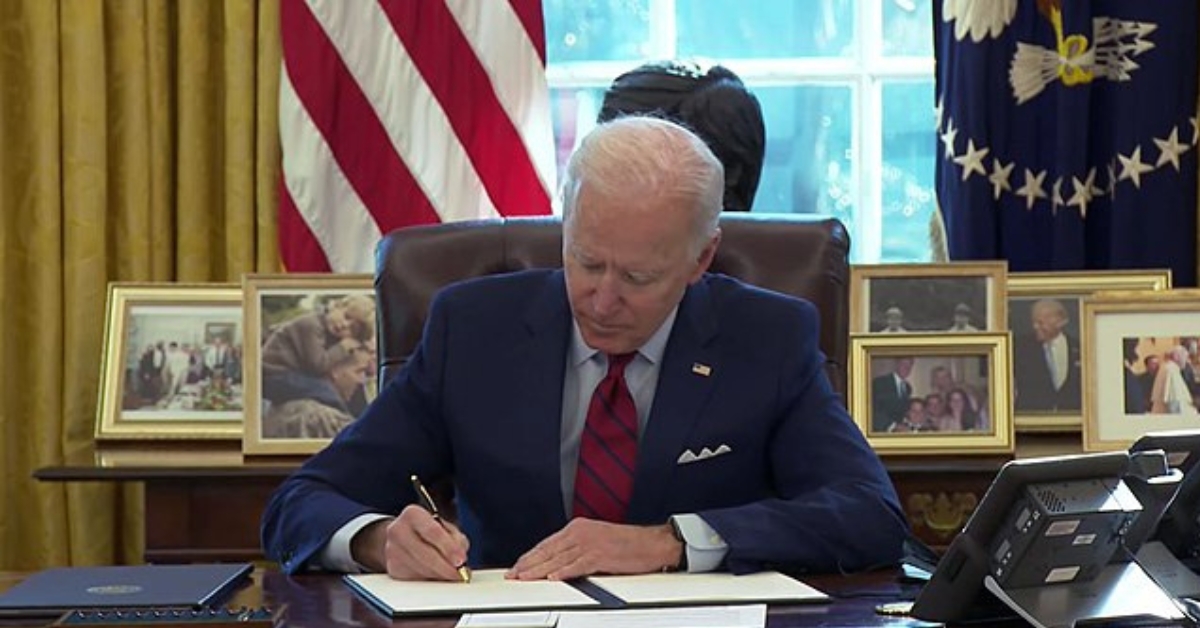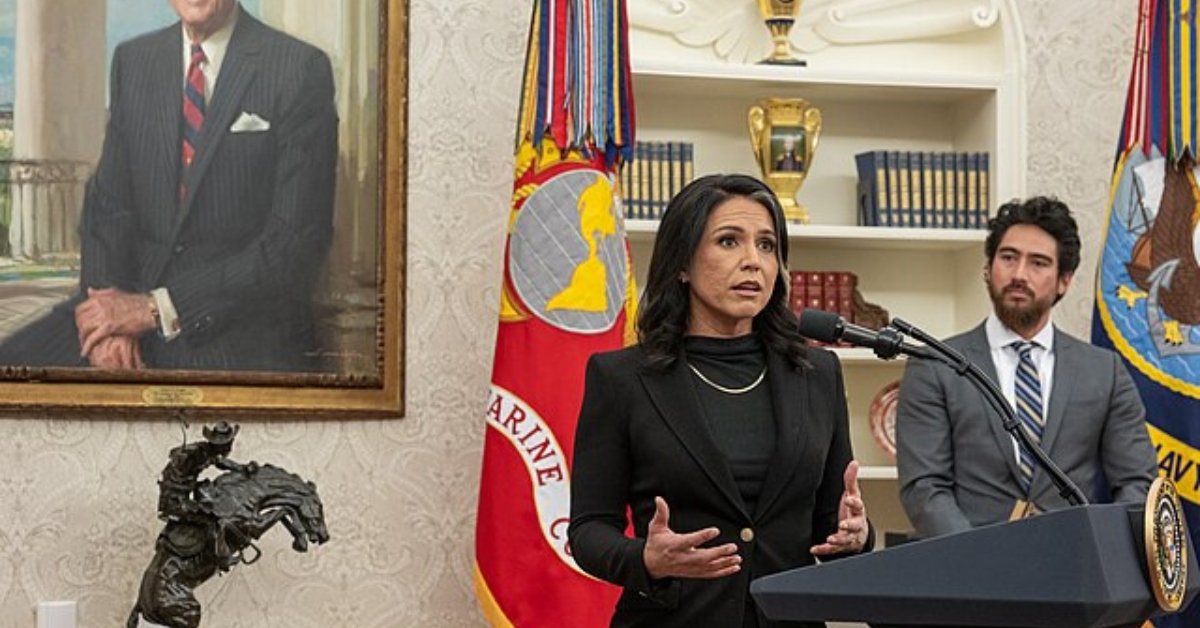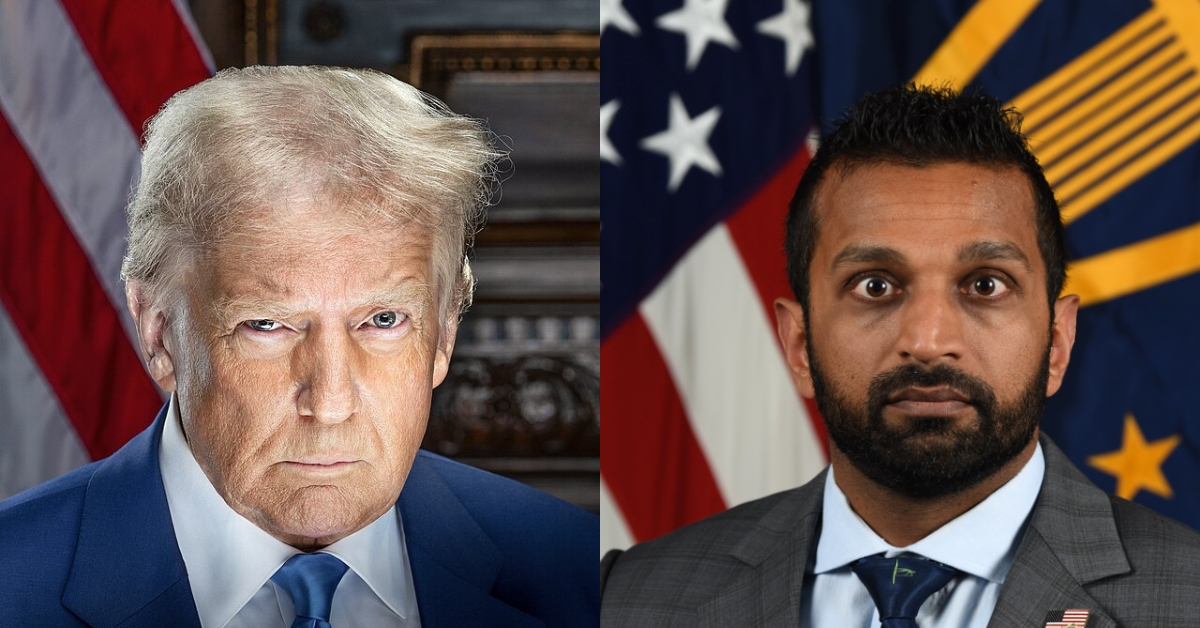
Nine States Suing Biden Admin for Controversial Executive Order
In a decisive move against the Biden administration, Mississippi has joined forces with eight other states in a lawsuit that strikes at the heart of what they perceive as a dangerous overreach into state-controlled voter registration processes. This legal challenge targets Executive Order 14019, signed by Biden, which ostensibly aims to make voter registration more accessible but is viewed by these states as a partisan maneuver to tilt the electoral scales in favor of Democrats.
The crux of the lawsuit is a profound concern over the federal government morphing into a colossal voter registration machine, seemingly puppeteered by left-leaning groups under the guise of enhancing voter access. This action is seen not just as an overstep but as a blatant intrusion into states’ rights to manage their electoral processes, a cornerstone of state sovereignty under the U.S. Constitution.
Mississippi Attorney General Lynn Fitch’s assertion encapsulates the sentiment driving this lawsuit: while promoting voter engagement is vital, cloaking a politically motivated agenda in the veneer of voter access corrupts the very democracy it claims to serve. The lawsuit argues fervently against the opacity and partisanship of the executive order, emphasizing the absence of the standard administrative procedures that ensure transparency and public participation.
What we are witnessing is not merely a legal battle over voter registration but a broader clash over the direction in which our electoral processes are headed. The Biden administration‘s approach—leveraging federal agencies to potentially sway electoral outcomes—represents a fundamental threat to the integrity of our democratic institutions.
Critics, myself included, see this as a perilous path that could erode public trust in our electoral system. The implications of such federal overreach are profound, raising fears of a centralized power that could dictate electoral outcomes by manipulating voter registration under the banner of inclusivity.
As this legal drama unfolds, one thing remains clear: the outcome of this case could have far-reaching consequences for how voter registration is conducted across the nation, potentially redefining the balance of power between state and federal authorities in electoral matters. The need for a resolution that respects state sovereignty has never been more critical.














